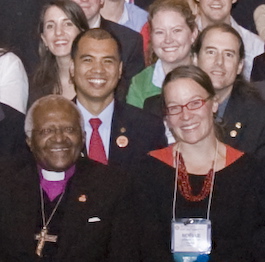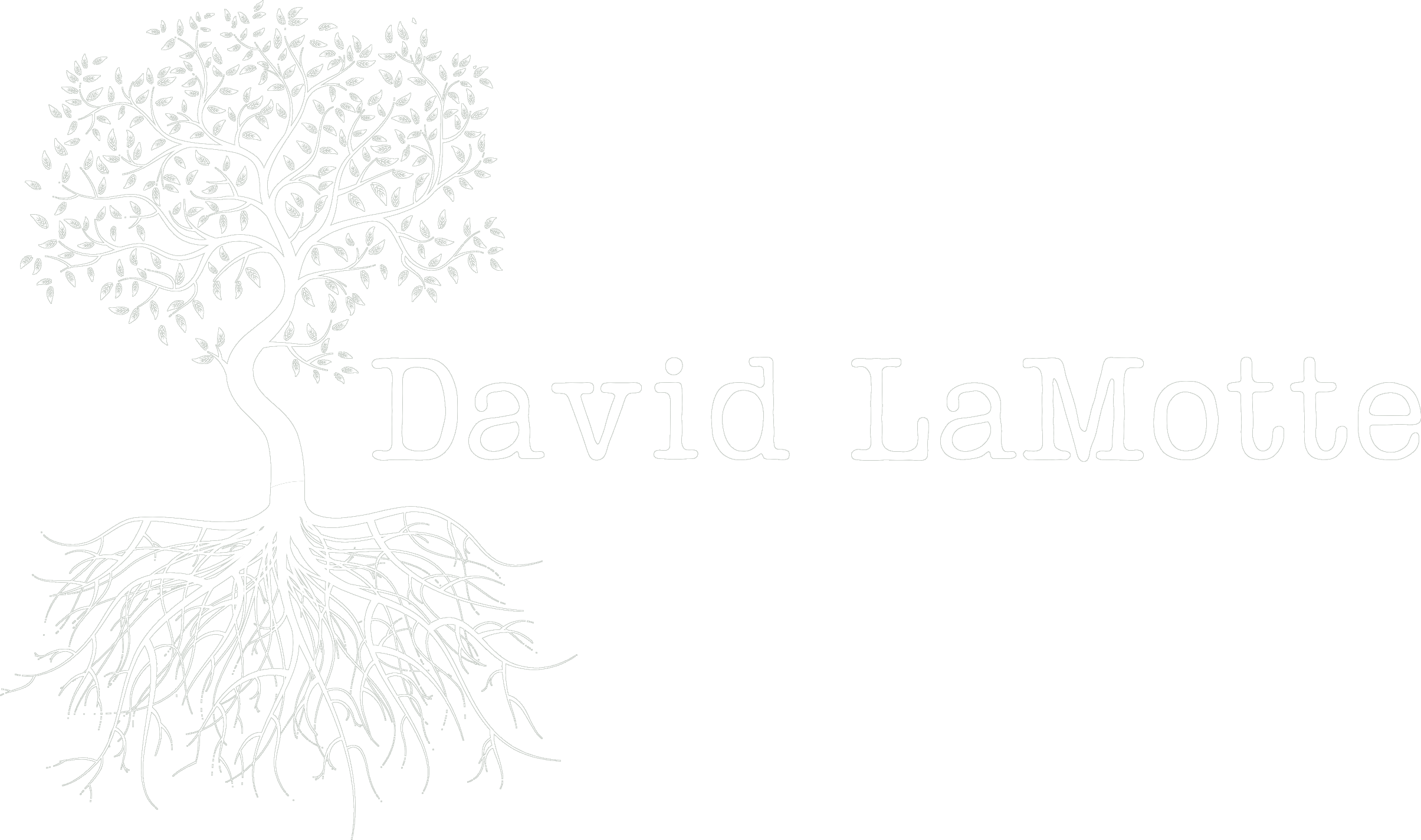I was asked to write a short piece for the Eagle, a quarterly magazine published by the Anglican Cathedral in Brisbane, on Desmond Tutu. Here it is…
| From Tutu |
Desmond Tutu speaking at the Rotary World Peace Symposium
Archbishop emeritus Desmond Tutu is a hero of mine. I make that statement with full awareness that the whole concept of ‘heroes’ is a bit problematic, but I stand behind it. Tutu is known all over the world for his role as a leader of the anti-Apartheid movement in South Africa, which led to radical governmental and social changes there. Throughout the struggle, guided by his faith, Tutu raised his voice to argue for non-violent resistance. Though there was certainly violence in those turbulent years, the world was amazed that the expected bloodbath failed to materialize, partly due to Tutu’s leadership and that of his friend Nelson Mandela.
One frequently misunderstood feature of peace work is that it requires us to step directly toward conflict, not away from it. There is nothing passive about pacifism; it requires action. Literally, the word pacifist comes from the Latin pax (peace) and ficare (to do or to make), so it means to make peace – to take action to bring it about. In the face of staggering oppression in South Africa, Tutu did not tell everyone to calm down and get over it. He did not quietly back away. In classic prophetic style, he spoke truth to power, helped to motivate the people to bring about much needed change, and he did not confuse peace with placidity. He also refused to resort to violence, though, understanding that the greatest danger in a moral conflict is not to be defeated by one’s enemies, but to become them.
One of the dangers of having heroes is that we can consider them ‘other’: heroes have special qualities that normal people like us don’t have, so we don’t need to wrestle with whether or not we may be called to similar choices— we’re just normal people. “Don’t call us saints,” the Catholic activist Dorothy Day once said, “we don’t want to be dismissed that easily.” Tutu is such a larger-than-life figure that it would be easy to forget his humanity. Another possibility, though, is that a hero can challenge us to grow and stretch toward our ideals, and there’s no question that Desmond Tutu has done that for me.
Last year I gave up an eighteen-year music career at its height in order to pursue a masters degree in Peace and Conflict Resolution as a Rotary World Peace Fellow. When I told friends about my plans, the most common reaction was a raised eyebrow, a sardonic smile and a playfully sarcastic “World peace? …good luck with that!” Conversations about peacemaking frequently draw on the conventional wisdom that proponents of peace are fundamentally naive. “That’s nice while you’re young,” the script says, “and when you grow up and have a taste of the ‘real world,’ you’ll come to your senses and realize that violence is pragmatically necessary and non-violence is unrealistic.” Tutu would disagree, however, and his life negates the foolish logic of the statement; it’s extremely difficult to make a convincing argument that he hasn’t experienced enough of the ‘real world’ to know better. Rather, his experience has taught him otherwise. He knows that things can be otherwise, and that it is up to us to change them.
In June I traveled to Birmingham, England to take part in the second Rotary World Peace Symposium along with Peace Fellows from all over the world. Desmond Tutu spoke to us there. He affirmed our choices to work for peace, and kindly took the time for a photo, which made this peace fellow’s day.
Are we naive to work for peace? If the question is “Can we bring about world peace?” then we may well be naive to answer in the affirmative. I think that’s the wrong question, though. The more important question is “Can we do any better than we’re doing right now?” It is clear to me that we can, and the example provided by Desmond Tutu helps to show us how.
 |
| From Tutu |



Hello
I’ve just uploaded two rare interviews with the Catholic activist Dorothy Day. One was made for the Christophers [1971]–i.e., Christopher Closeup– and the other for WCVB-TV Boston [1974].
Day had begun her service to the poor in New York City during the Depression with Peter Maurin, and it continued until her death in 1980. Their dedication to administering to the homeless, elderly, and disenfranchised continues with Catholic Worker homes in many parts of the world.
Please post or announce the availability of these videos for those who may be interested in hearing this remarkable lay minister.
They may be located here:
http://www.youtube.com/user/4854derrida
Thank you
Dean Taylor
David is right to note that the idea of ‘heroes’ is problematic. We are reminded of the words of Gandhi: “Be the change you want to see in the world.” The making of peace does, in fact, mean moving toward the conflict. And like Archbishop Tutu, we do so with hope in our hearts for the hearts who may not be as hopeful… or for the hearts who are even more hopeful than us. There will be those who take courage because they see our loving/caring (this is the biblical measure of ‘love’) actions.
Thanks David. Keep on keeping on doing/making peace, brother.